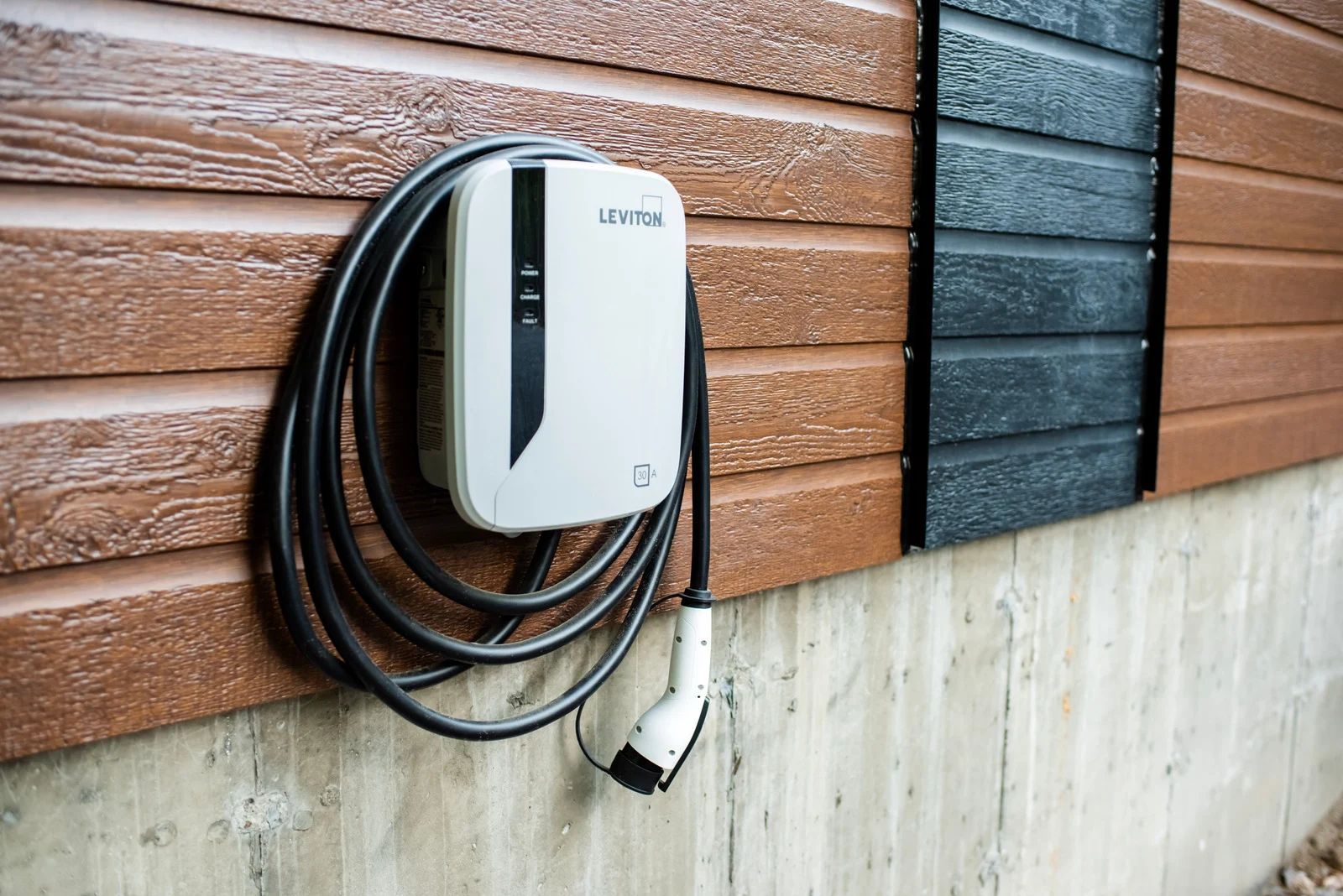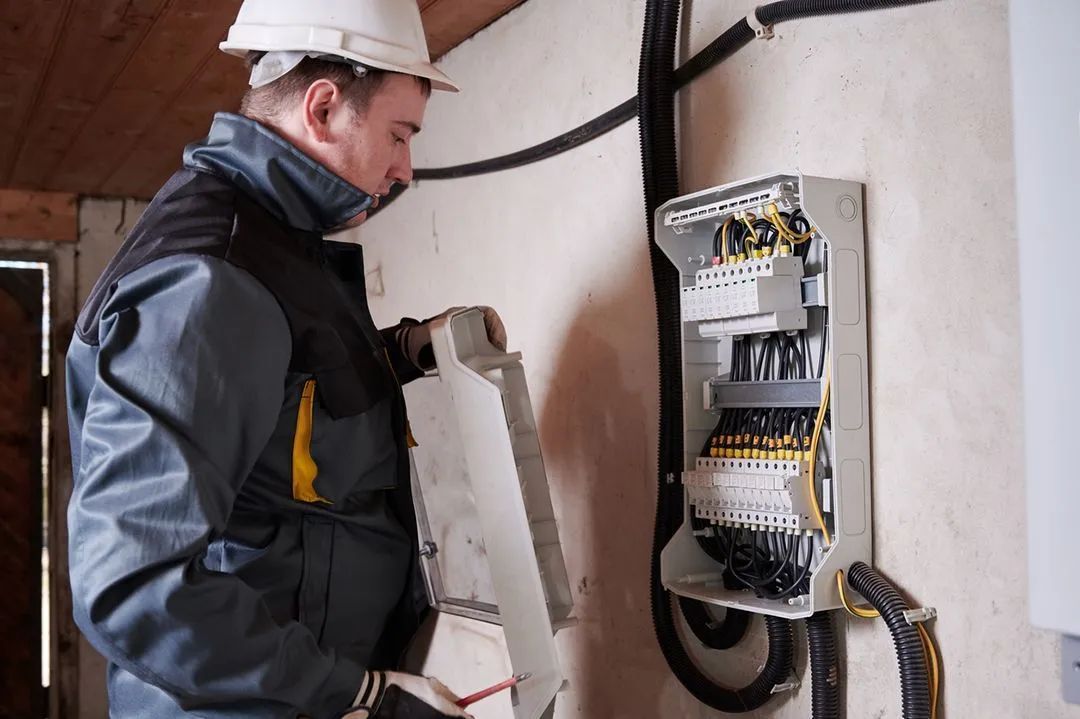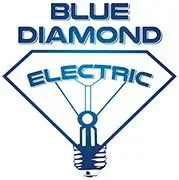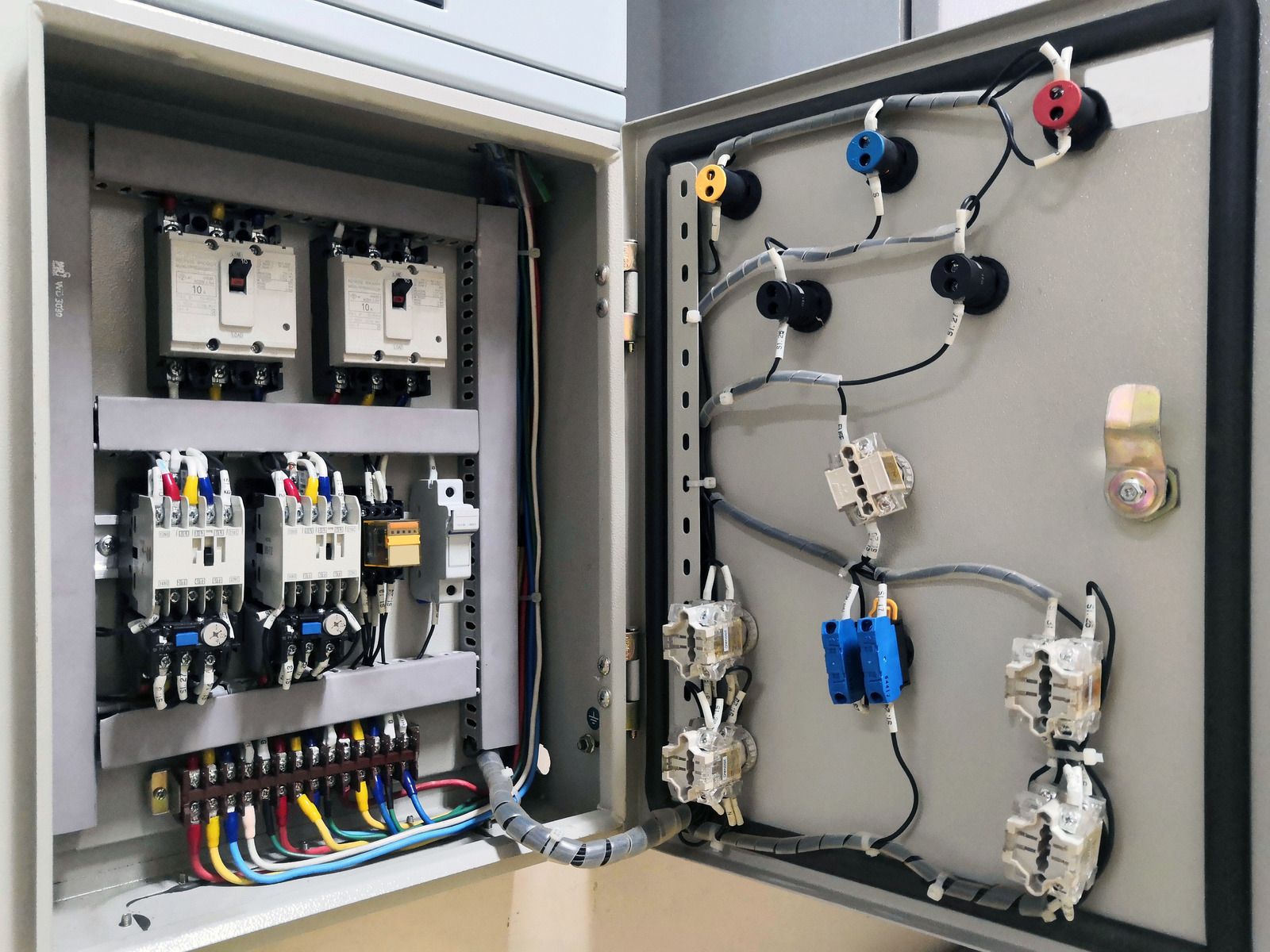How to Choose the Right EV Charger for Your Home

As electric vehicles (EVs) become more popular, installing a home EV charger is one of the most convenient and cost-effective ways to support your sustainable lifestyle. However, with multiple charger types, power levels, and compatibility factors to consider, selecting the right EV charger for your home can feel overwhelming. The ideal charger should suit your driving habits, electrical capacity, and vehicle specifications while also being future-ready. Before making a purchase, it's important to understand your options and consult with a licensed electrician. In this guide, we’ll explore key considerations to help you make an informed decision when choosing a residential EV charger.
1. Understand the Charging Levels
Home EV chargers are typically categorized into Level 1 and Level 2 options. Level 1 chargers plug into a standard 120V outlet and provide about 3–5 miles of range per hour—sufficient for light daily driving but too slow for most EV owners. Level 2 chargers, on the other hand, operate on a 240V circuit and deliver 12–60 miles of range per hour. For quicker charging and long-term efficiency, a Level 2 charger is generally the preferred choice for home use.
2. Check Vehicle Compatibility and Charging Speed
Not all chargers are compatible with every EV. Most electric vehicles use a standard J1772 connector for Level 2 charging, but Tesla vehicles require an adapter. Additionally, charging speed varies based on your EV’s onboard charger capabilities. Make sure the EV charger you select matches your vehicle’s specifications and charging limits to avoid underperformance or compatibility issues.
3. Evaluate Your Home’s Electrical Capacity
Before installation, assess whether your home’s electrical panel can support the additional load of a Level 2 charger. Older homes or panels with limited capacity may require an upgrade to accommodate the new circuit. A licensed electrician can evaluate your system and ensure proper installation with code-compliant wiring, dedicated breakers, and safety protections in place.
4. Consider Smart Features and Connectivity
Many modern EV chargers offer smart features such as Wi-Fi connectivity, mobile app control, scheduled charging, and energy tracking. These tools not only enhance convenience but also help manage energy usage and take advantage of off-peak utility rates. While basic models are more affordable, investing in a smart charger can deliver long-term savings and greater control over your charging habits.
Choosing the right EV charger involves more than picking a brand—it requires a full understanding of your vehicle, your home’s infrastructure, and your charging needs. Partnering with a qualified electrician ensures a safe, efficient installation that supports your transition to electric driving while adding value to your home.
With 50
years of professional experience, Blue Diamond Electric
proudly serves Mundelein, Illinois, offering
expert EV charger installation services. Our team helps homeowners select the right charger, upgrade panels if needed, and ensure a safe, code-compliant installation that meets the demands of today’s electric vehicles.




